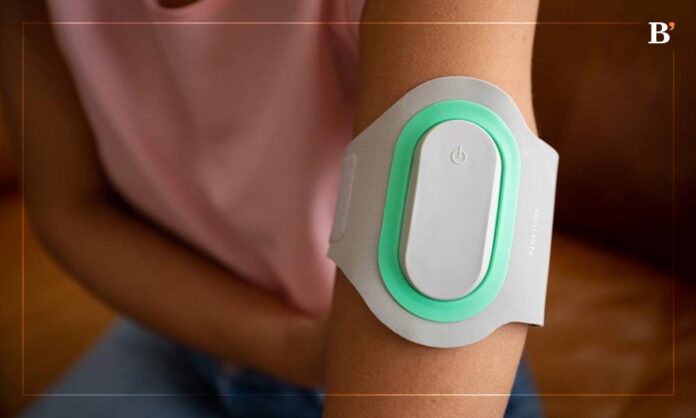Key Highlights
- There is currently no cure for migraine, but various treatments are available to manage its symptoms or make them less frequent and severe in some cases.
- These treatments can be categorized into two types: acute and preventive.
- Acute treatments are taken at the onset of a migraine attack to relieve pain and other symptoms, with some drugs only needing to be taken once a day, while others can be taken more frequently if additional symptom relief is needed.
- Preventive migraine treatments include pills that are taken daily, monthly or quarterly injections or intravenous infusions, and Botox injections that are usually given every 12 weeks.
The advent of new drugs for migraines is certainly a positive development. Still, it is worth mentioning that these new treatments tend to be costly, making them inaccessible for some individuals who could benefit from them. Additionally, it is important to note that not everyone will see success with these drugs as they may not work for everyone.
Other treatments for migraines include neuromodulation, which has been shown to reduce migraine days or alleviate the symptoms of a migraine attack in some people. It involves delivering electric or magnetic pulses to specific nerves involved in migraine, calming overexcitable nerves, and changing the way pain messages are relayed to the brain.
Mind-body therapies like acupuncture, biofeedback, and massage can also help prevent migraine attacks in some people. It is also crucial to avoid known triggers as much as possible. However, new drugs tend to be expensive, and not everyone may respond to them.
Read more to know about: ChatGPT
Latest Migraine Treatments
New drugs have emerged in the treatment of migraines, including CGRP receptor antagonists, CGRP antibodies, and 5-HT1F receptor agonists, all approved since 2018. In September 2021, a new drug delivery device called Trudhesa was approved to treat acute migraines with dihydroergotamine mesylate (DHE), which delivers the drug to the upper nasal cavity for quicker absorption.
Additionally, a liquid oral version of the drug topiramate, used for both migraine prevention and epilepsy treatment, was approved in November 2021 under the brand name Eprontia.




